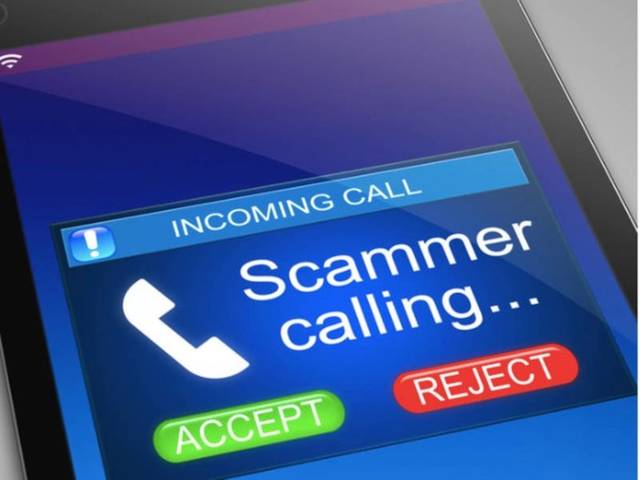Are robocalls legal?
If you answer the phone and hear a recorded message instead of a live person, it’s a robocall. If you’re getting a lot of robocalls trying to sell you something, odds are the calls are illegal. Many are also probably scams.
Here’s what you need to know about robocalls and what you can do about them.
A robocall trying to sell you something is illegal unless a company has your written permission to call you that way. To get your permission, the company has to be clear it’s asking to call you with robocalls, and it can’t make you agree to the calls to get a product or service. If you give permission, you have the right to change your mind later.
A few types of robocalls are allowed under FTC rules without your permission, like political calls about candidates running for office or charities asking for donations. Keep reading for more examples.
Why do I get so many robocalls?
It’s cheap and easy for scammers and telemarketers to make robocalls over the internet from anywhere in the world.
How can I know if a robocall is a scam?
If someone is already breaking the law by robocalling you without permission, there’s a good chance it’s a scam. At the very least, it’s a company you don’t want to do business with. Don’t rely on your caller ID. Scammers can fake the name and number that shows up, making it look like a call is from a government agency like the Social Security Administration or a local number. That’s called spoofing.
You can watch out for common phone scams like government imposter scams. If someone calls you out of the blue and asks you to hand over personal information or wire money or pay with a gift card, it’s a scam.
What kinds of robocalls are allowed without my permission?
Under FTC rules, some robocalls don’t require your permission:
- Messages that are purely informational. Robocalls about your flight being cancelled, reminding you about an appointment, or letting you know about a delayed school opening fall into this category, as long as the caller doesn’t also try to sell you something.
- Debt collection calls. A business contacting you to collect a debt can use robocalls to reach you. But robocalls that try to sell you services to reduce your debt are illegal and are almost certainly scams.
- Political calls.
- Calls from some health care providers. This includes a robocall from a pharmacy reminding you to refill a prescription.
- Messages from charities. Charities can make these calls themselves. But if a charity hires someone to make robocalls on its behalf, the robocalls can only go to members of the charity or prior donors. They also must include an automated option to let you stop future calls.
How can I get fewer robocalls?
To get fewer illegal robocalls, look into call-blocking solutions. The call-blocking option you choose will depend on whether you’re getting calls on a mobile phone, traditional landline, or home phone that uses the internet (VoIP).
What should I do if I get an illegal robocall?
Hang up. Don’t press any numbers. The recording might say that pressing a number will let you speak to a live operator or remove you from their call list, but it might lead to more robocalls, instead.
Report the call to the FTC at donotcall.gov. Report the number on your caller ID and any number you’re told to call back, which helps us track down the scammers behind the call. Even if you think the number on your caller ID is fake, report it. The FTC analyzes complaint data and trends to identify illegal callers based on calling patterns.
The FTC takes the phone numbers you report and releases them to the public each business day. This helps phone carriers and other partners that are working on call-blocking solutions. Your reports also help law enforcement identify the people behind illegal calls.
What else is the FTC doing about robocalls?
The FTC continues to bring enforcement actions against robocallers and has already stopped people responsible for billions of robocalls. You can read about recent FTC cases and other robocall-related actions in our press releases.
The FTC also continues to work with other law enforcement agencies and encourages industry efforts to combat robocalls and caller ID spoofing. The FTC has led initiatives to develop technology-based solutions, including a series of robocall contests that challenged tech experts to design tools that block robocalls and help investigators track down and stop robocallers.
Why doesn’t the Do Not Call Registry stop robocalls?
The National Do Not Call Registry is designed to stop sales calls from real companies that follow the law. The Registry is a list that tells telemarketers what numbers not to call. The FTC does not and cannot block calls. Scammers don’t care if you’re on the Registry.
Even though the Registry can’t stop all of the unwanted calls you’re getting, being on the Registry could make it easier for you to spot scam calls. If a caller is ignoring the Registry or making an illegal robocall, hang up. There’s a good chance it’s a scam.

